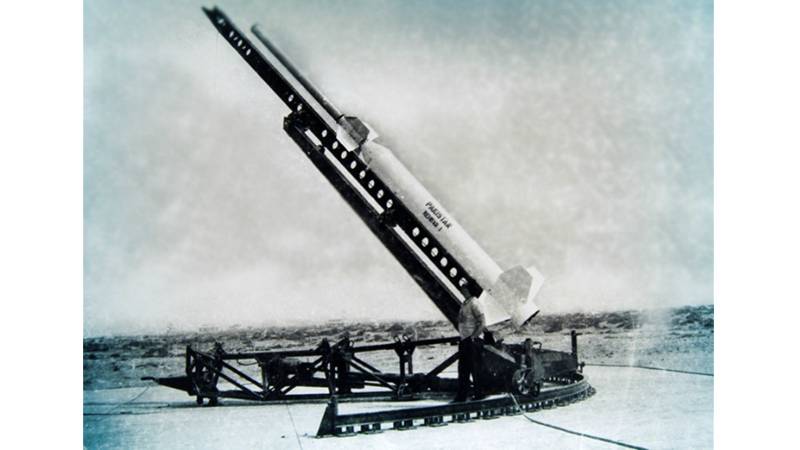
After the landing of Chandrayaan-3 near the moon's south pole, several questions are raised in our media especially that of why Pakistan lags behind. The lack of quality education & research, poor IT infrastructure and financial crises are the some of the principal factors cited – with which I agree.
There is no doubt that criticism plays a valuable role in identifying problems and shortcomings. It helps highlight areas that need improvement and can serve as a catalyst for change. However meaningful criticism should be based on a thorough understanding of the core issues. As identifying the root causes of failure can help in improving the future endeavours.
Some general factors are mentioned below which directly or indirectly may have impacted the space research in Pakistan. For confirmation, debates and expert opinions will significantly help in this regard.
Space exploration involves complex technologies and engineering solutions. Technical difficulties, including design flaws and manufacturing issues, can also impact the progress.
Inadequate financial resources may have hindered the development and execution of space research projects, leading to technical and operational limitations.
Poorly thought-out project planning, including unrealistic timelines and goals, may have led to project delays or failures.
A shortage of experienced personnel, scientists, engineers and technicians can also impede the success of space programs. Political interference, changes in leadership, and institutional inefficiencies (if any) may have disrupted the continuity of space programs and led to their downfall.
Collaboration with advanced countries may be essential for certain aspects of space research. International tensions or diplomatic issues may also disrupt such collaborations.
Ensuring the quality and reliability of components and systems is critical in space research. Failures related to subpar components can lead to mission failures.
Effective communication between project teams, mission control and satellites is essential. Loss of communication can result in the failure to execute critical commands.
Inadequate risk assessment and management can lead to unexpected challenges or mission-ending problems.
Public support and perception can influence funding and political backing. Negative public perception or a lack of interest can impact the program's sustainability.
Space programs must account for unpredictable environmental conditions, such as extreme temperatures, radiation and space debris, which can affect mission success.
The absence of thorough reviews and oversight mechanisms can lead to errors going unnoticed until it is too late.
In order to address the space research failures in Pakistan and contribute to improvements, newspapers and media outlets can play positive roles.
Media can inform the public about the importance of space research, the challenges involved, and the significance of learning from failures. This can create a more informed and engaged citizenry.
Newspapers, talk shows or social media can collaborate with experts and scientists (including physicists, mathematicians, IT experts etc) to provide in-depth analysis of space research programs. This can help identify technical, financial and governance issues that contributed to its slow progress.
While addressing failures is essential, the media can also highlight some relevant successful space research projects and their impact on the country. This can inspire future endeavours and showcase the potential benefits of space research.
In this regard, I have a few suggestions or requests.
Why not start serial project/s and publish four or five letters of at least 700 words for each of the factors mentioned above? Why not publish a series of invited letters or opinions, where experts from various fields can share their critical opinions about failed space research in Pakistan?
This approach can provide in-depth and multidisciplinary perspectives on the subject, making the discussion more comprehensive and insightful. Why not advertise the project and conduct an open competition to encourage people to write letters on the topic of space research program failures? By involving the community in such a project, it will not only promote awareness and understanding but also foster a sense of participation and engagement in important topics like space research.
This approach can be a valuable tool for promoting science literacy and accountability in space research programs. It will not only help identify problems but also provide potential solutions and avenues for improvement. It can also contribute to the public education and awareness about the complexities of space research and the importance of learning from failures.
To criticise the space research effectively, it is crucial to conduct a detailed analysis of the program, taking into account these general factors and any unique circumstances that may have contributed to its disappointment.
Once issues are identified, the next step is to develop future-oriented plans and strategies. This involves setting clear goals and objectives, outlining steps to achieve them, and allocating resources accordingly.

